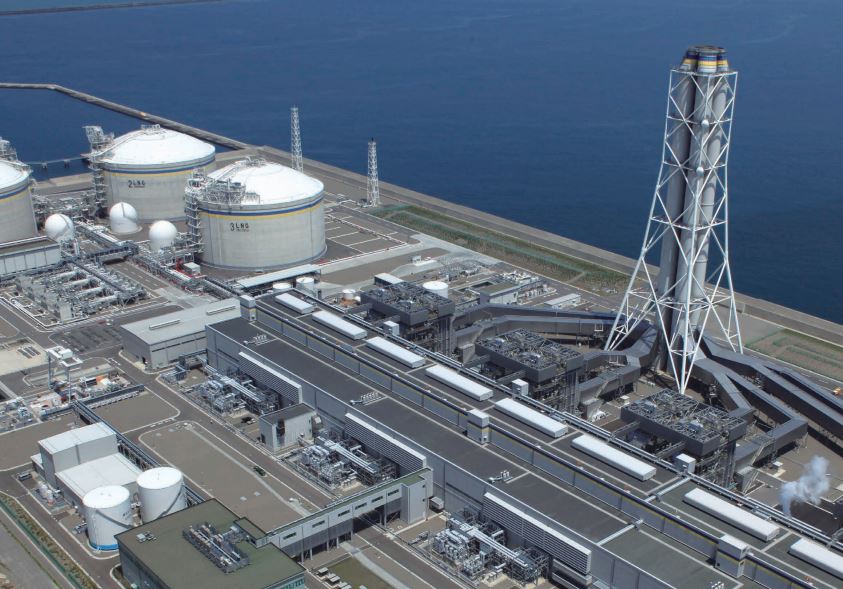Japan, the world’s top liquefied natural gas importer, reported lower LNG imports in May when compared to the same month last year.
According to the provisional data released by the country’s Ministry of Finance, Japan’s LNG imports dropped by 19.9 percent year-on-year in May to about 4.61 million tonnes.
LNG imports rose slightly when compared to 4.53 million tonnes in the previous month, which also marked a drop when compared to the previous year.
Japan’s coal imports for power generation decreased in May when compared to the last year.
Coal imports were down by 27.4 percent to 6.18 million tonnes, and Japan paid about $1.45 billion for these imports, a drop of 38.5 percent when compared to the last year, the data shows.
LNG import bill down
According to the preliminary data, the May LNG import bill of about $2.92 billion decreased by 31.6 percent when compared to the same month last year.
State-run Japan Oil, Gas and Metals National Corp (JOGMEC) did not publish both the contract-based and the arrival-based spot LNG price in January, February, March, April, and May as there were less than two companies that imported spot LNG.
The average price of spot LNG cargoes for delivery to Japan contracted in December was $30.8 per mmBtu.
However, spot LNG prices dropped considerably this year.
JOGMEC said in a report earlier this week that the “Northeast Asian assessed spot LNG price JKM for the previous week (June 5 – June 9) rose from the high $8s the previous week (June 1) to the low $9s on June 6″ due to buying interest from China and India.
On June 7, the price hit a “two-year low in the low $8s because of high inventories, weak demand, and ample supply, but rose to the high $9s on June 9 as a result of an increase in buying activities from Southeast and South Asia,” it said.
According to METI, Japan’s LNG inventories for power generation totaled 2.39 million tonnes as of June 4, down 0.09 million tonnes from the previous week, up 0.25 million tonnes from the end of the same month of last year, and up 0.44 million tonnes from the average of the past five years.
LNG deliveries
As per LNG shipments going to Japan in May, deliveries from Asia decreased by 13.2 percent to 1.18 million tonnes, the ministry’s data shows.
Middle East LNG shipments dropped by 72.8 percent to 200,000 tonnes.
Moreover, shipments from Russia rose by 9.1 percent to 610,000 tonnes, while US deliveries dropped by 31.7 percent to 182,000 tonnes.
World’s largest LNG importer
Japan was the world’s top LNG importer in 2022, overtaking China, but both of the countries took fewer volumes when compared to the year before.
During January-May, Japan imported some 28.08 million tonnes of LNG.
China has not yet published official data for LNG imports in May.
The country imported 21.16 million tonnes of LNG during the first four months of this year, some 2.31 million tonnes of LNG less than Japan.

